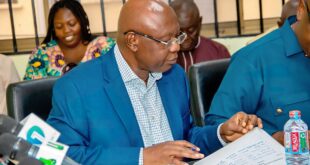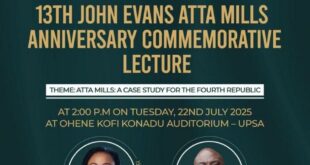The Gauteng High Court in Johannesburg has approved the historic R5bn settlement agreement in the lengthy silicosis case.
Judge Leoni Windell found that “all the parties made an effort to ensure that the settlement agreement is reasonable, adequate and fair.”
“The terms of the settlement agreement demonstrate that they succeeded in their efforts,” the judgment read.
The court decision was read out briefly with the documents being provided to the parties.
Judge Windell said that the negotiations towards an agreement for miners either living with lung disease or those who were deceased as well as their dependants “yielded the best possible settlement terms that the parties and stakeholders could find in the circumstances.”
“We wish to express our indebtedness to all the legal teams which represented various parties in this matter for the commendable manner in which they discharged their duties to their clients and this court,” the judgement read.
Parties made submissions in May asking the court to approve the settlement agreement and to issue instructions on the clauses it is not happy with.
The legal process involving gold miners affected by lung diseases has stretched over several years and has been described as one of the “most complex multi-party class action settlements ever concluded” by parties.
The agreement, on behalf of thousands of mineworkers and their dependents, affects people who contracted silicosis or pulmonary tuberculosis during or after being employed as gold miners from March 1965.
The six mining companies paying out the collective R5bn formed the occupational Lung Disease (OLD) Working Group, which represented African Rainbow Minerals‚ Anglo American SA‚ AngloGold Ashanti‚ Gold Fields‚ Harmony and Sibanye Stillwater.
The mining companies admit that in the past they failed to take necessary precautions to protect their employees from the Sicilia dust that rises from the gold mines.
Miners and the dependents of deceased miners were represented by various lawyers, including Richard Spoor and the Legal Resources Centre.
Trust fund
Former Chief inspector of mines and academic, Professor May Hermanus will chair the trust fund, Spoor told Fin24.
Spoor of Richard Spoor Inc. Attorneys has been involved with the bid to compensate miners since 2005.
“[Hermanus] is a really good person, she has a lot of experience … a big responsibility rests on her shoulders,” Spoor said.
The trustees will be responsible for locating and medically examining thousands of miners across Southern Africa in a process that is expected to last for 12 years.
Four categories of claims
In a historic judgement in May, 2016 the case was certified as a class-action suit by the high court. In December 2018 the court declared four classes of claimants;
- people who contracted silicosis or were exposed to silica dust,
- the dependents of deceased miners who fell ill with silicosis,
- people suffering from tuberculosis, and
- the dependents of deceased miners who contracted tuberculosis.The claimants will be paid out between R70 000 and R500 000, depending on which of the four categories they fall into.
The benefits will be paid through the Tshiamiso Trust, set up specifically for this purpose. It will receive R845m to identify and locate eligible mineworkers and dependents, and will assess, process and pay their claims.
NEWS24
 Home Of Ghana News Ghana News, Entertainment And More
Home Of Ghana News Ghana News, Entertainment And More




